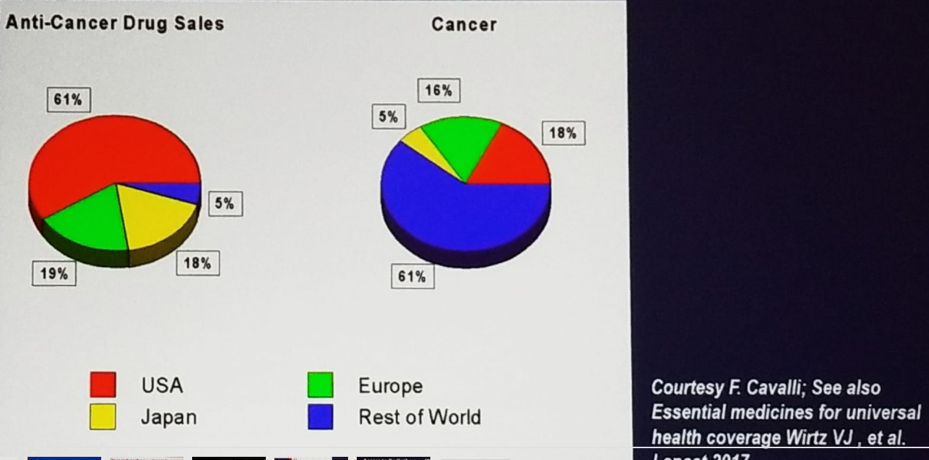Figure 1 – Differences between countries in incidence and mortality in prostate cancer:

The possible reasons for these differences include:1
- Genetic factors causing differences between men of African, Asian, and European ancestry
- Environmental factors likely to be involved (differences of men of the same ethnicity in different countries)
- Socioeconomic factors
Figure 2 - Access to radiotherapy worldwide:

Figure 3 – Access to cancer drugs:

Notably, the amount spent on cancer care is also substantially different from country to country, and this plays a huge role in the quality of treatment received by patients.
Unfortunately, the situation in the developing countries will likely exacerbate in the coming years. In many countries, no policies for prevention or early detection exist. The annual rate of new cases of cancer is estimated to increase three times faster in low- and middle-income countries than in high-income countries. In addition to cancer-related to poverty and infection, there is also an increase in cancers associated with increased westernization. Lastly, the reduction of poverty has caused an increase in survival, leading to a higher incidence of cancer cases. Support from governments and policymakers is needed for relevant changes.2
Dr. Gillessen concluded her talk stating that the disparities exist not only between but also within countries. Lower socioeconomic status (SES) in developed countries can lead to problems with access to care across the whole spectrum of the disease. Low SES confers lack of early detection, but also a delay in diagnosis after initial symptoms. Moreover, the quality of care may vary with SES. All these complicate the situation, affecting patient lives worldwide.
Presented by: Silke Gillessen, MD, University of Manchester and The Christie NHS Foundation Trust, Manchester, England
Written by: Hanan Goldberg, MD, Urologic Oncology Fellow (SUO), University of Toronto, Princess Margaret Cancer Centre, @GoldbergHanan at the 2019 ASCO Annual Meeting #ASCO19, May 31- June 4, 2019, Chicago, IL USA
References:
- Chaitoff A, Killeen TC, Nielsen C, et al. Men's health 2018: BPH, prostate cancer, erectile dysfunction, supplements. Cleve Clin J Med. 2018 Nov;85(11):871-880. doi: 10.3949/ccjm.85a.18011Cleve Clin J Med. 2018 Nov;85(11):871-880. doi: 10.3949/ccjm.85a.18011.
- Cavalli F. An appeal to world leaders: stop cancer now. Lancet. 2013 Feb 9;381(9865):425-6. doi: 10.1016/S0140-6736(13)60059-8. Epub 2013 Feb 4


